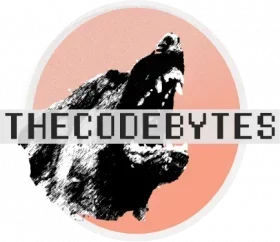So, you’re thinking about learning C++ and Python at the same time? Well, normally I highly recommend not learning more than one programming language at a time, especially as a beginner. My stance remains the same for learning C++ and Python. Trying to learn any programming language takes years of hard work and dedication. Trying to double that workload is likely to leave you burnt out and discouraged.
However, if you do decide to learn two languages at the same time, C++ and Python are actually a great combination. In this article, I am going to go against my better judgment and explain why learning C++ and Python at the same time is actually a great way to gain a deeper understanding of programming language design.
Please note that I definitely don’t recommend learning both languages if you are still trying to understand programming fundamentals. If you are a beginner programmer and want to get a broad sense of all popular programming languages, you are better off doing a course like this.
Benefits of Learning C++ and Python At The Same Time
1. Both Are Built From The C Programming Language
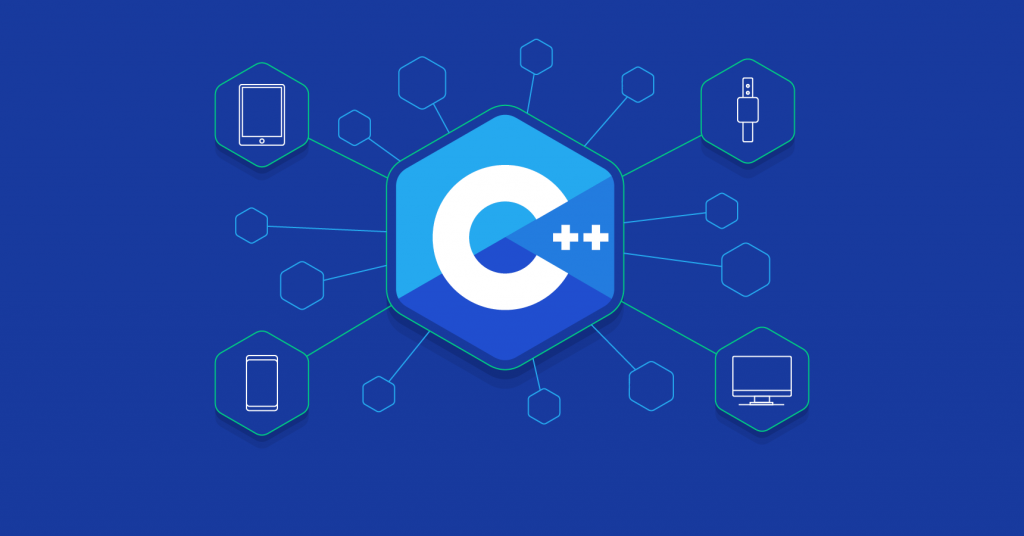
One of the greatest reasons to learn C++ and Python is that they actually have a lot of similarities that cross over from each language. For instance, both C++ and Python are built from the C programming language.
By learning both languages, you can compare and contrast how the two languages do things similarly and differently despite being derived from the same parent language. Understanding these similarities and differences helps one to understand how vastly different languages can be built on top of other languages. A very important topic to learn if you want to understand abstraction.
2. Both Are Built From The Same Object-Oriented Paradigm
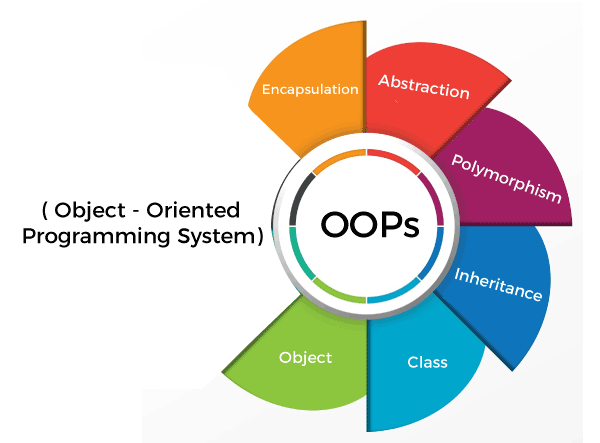
In addition to this, C++ and Python also follow the same object-oriented paradigm. This means that you can still code in Python and C++ in similar ways. Making it much easier to transpile code from one of these languages to the other.
If you were trying to learn either of these languages and compare them to a functional programming language, such as Haskell, your codebases would look drastically different. This makes the learning process more challenging. Comparing two languages that use the same paradigm makes it easier to think similarly in both languages and focus on why the smaller decisions were made. Such as why Python would omit curly braces and semi-colons in place of indentation.
3. Compare High Level and Low-Level Languages
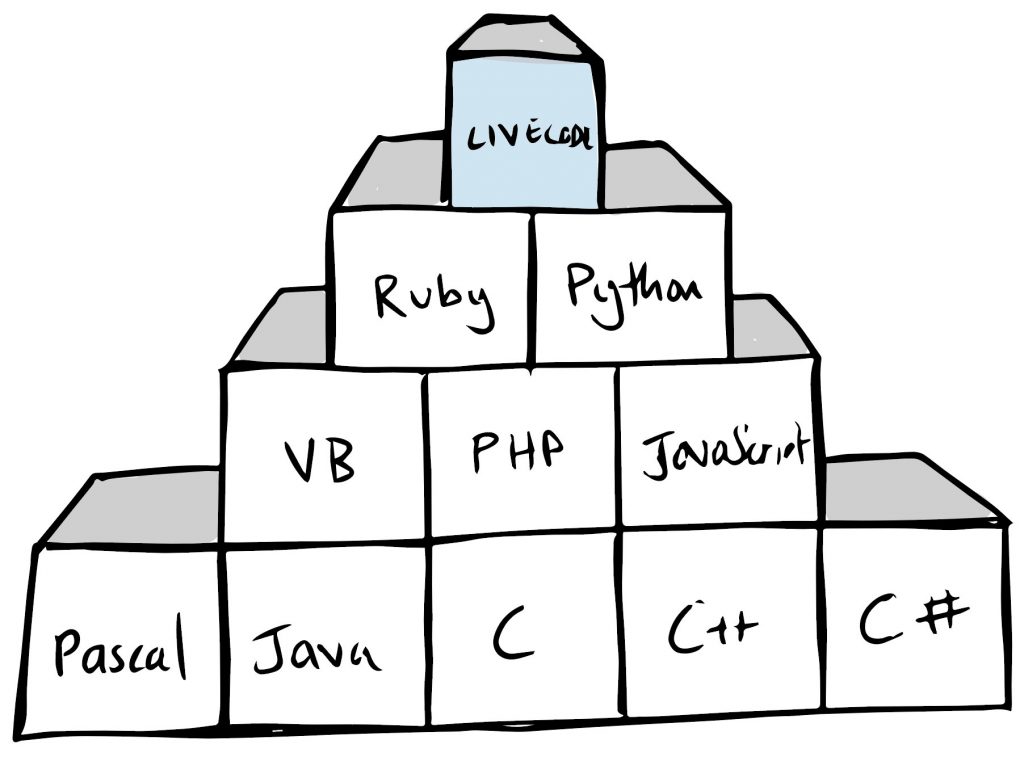
One of the greatest reasons to learn C++ and Python at the same time is the fact that you can get a direct comparison of the differences between higher-level and lower-level programming languages.
To be a great programmer, it is important to understand lower-level programming languages. It gives you a better look at what the code is doing “under the hood” in higher-level languages like JavaScript and Python.
For instance, even writing something as simple as a “hello world” program takes considerably more code in C++ than it does in Python
// Hello World in C++
#include <iostream>
int main() {
std::cout << "Hello World!";
return 0;
}# Hello World in Python
print("Hello World!");Not only this, but C++ also has many other aspects of the language to keep in mind. Such as a lack of garbage collection support, pointers, and writing more code from scratch.
2. Compare Dynamic vs Static Type Systems
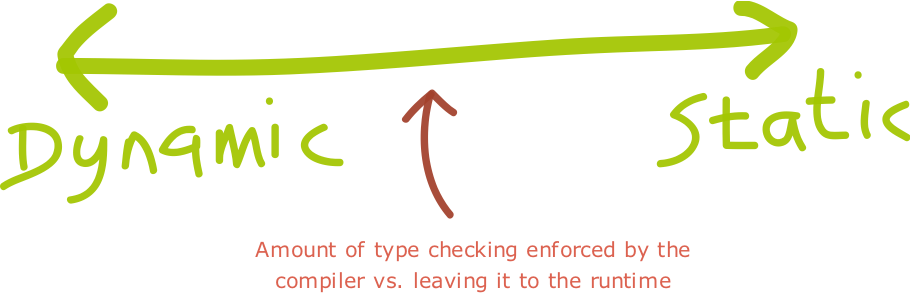
Learning C++ and Python side by side also give you a better look at the use of dynamic and static type systems in programming languages.
Static typing systems generally give you a stricter coding environment that catches more errors before running your code. Dynamic type systems, on the other hand, give you more flexibility and fewer lines of code in exchange for a higher possibility for errors.
It is a heavily debated topic of whether or not dynamic typing or static typing are better type systems to use. No matter what you believe, you should be comfortable writing code in both environments.
Learning these two languages side by side gives you a great opportunity to compare and contrast type systems.
3. Enough Overlap To Learn Any Other Modern Programming Language
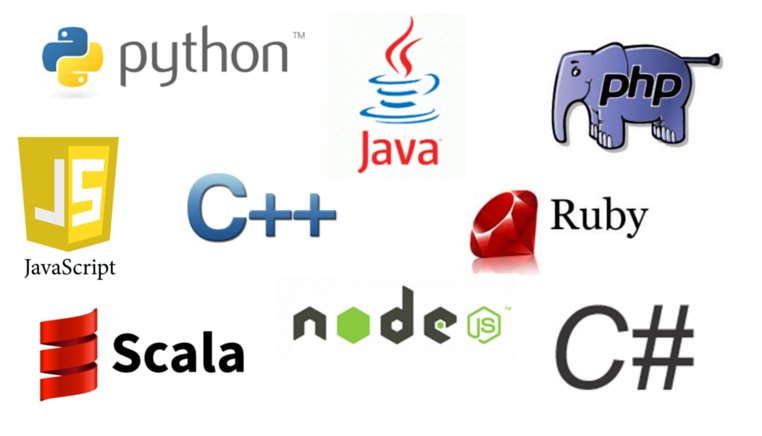
All of this brings us to our final point. If you can successfully learn C++ and Python at the same time, you should know enough about modern programming languages to pick up any other language with ease. Whether it’s JavaScript, C, PHP, Ruby, Java, or C#.
Although you may have to learn new programming paradigms like functional or procedural programming, or environments like web development or embedded systems, if you have extensive knowledge in C++ and Python, you should be able to pick any of these languages pretty quickly.
Summary
I don’t recommend learning multiple programming languages at once if you are a beginner. However, if you were going to choose any two languages, learning C++ and Python at the same time is a pretty good combo. The two languages share a common ancestor language, C. As well as follow the same programming paradigm.
Although the two share enough similarities to make the comparison worthwhile, they also have many contrasting differences. For one, C++ is a lower-level language and requires more code and deeper coding knowledge to write programs. This, in turn, helps you understand how Python works under the hood.
In addition, the opposing type systems used in both languages help to show the different styles of writing code when you do and don’t have a static type checker.
Finally, learning these languages together gives you a really solid foundation for learning other modern programming languages, whether you’re trying to learn C, C#, Java, PHP, or JavaScript.
So that’s pretty much it! If you have any questions, feel free to leave them in the comments below.
If you’ve decided to learn C++ and Python at the same time, I highly recommend this course. It will show you exactly how to write the same code in both languages so you can learn faster and with fewer frustrations.
Happy coding!
